The number of people in the UK who admitted not paying tax on their overseas assets jumped by nearly a quarter in 2023-24, according to government data.
A total of 5,643 people admitted not paying enough tax on their foreign assets to HM Revenue & Customs, up from 4,630 in 2022-23 — a rise of 22 per cent — data obtained under a freedom of information request showed.
The government has promised to raise billions of pounds by clamping down on tax evasion and avoidance, with HMRC given funding for 5,000 extra compliance officers in the Budget.
Tax experts said the surge in evasion disclosures had been driven by several factors. These included HMRC sending out a greater number of warning letters, receiving data from more countries on people’s offshore affairs and an increase in public awareness about its data sharing.
“HMRC’s aggressive pursuit of tax avoiders now leaves very few places to hide,” said Graham Caddock, tax investigations director at Lubbock Fine, the advisory firm that issued the FOI request.
He added that the tax authority was “making good use of the information it receives from overseas jurisdictions, checking tax return entries and . . . its database to look for those who are avoiding HMRC altogether”.
Since 2018, international rules have led to the automatic exchange of information on financial accounts between tax authorities. These agreements, developed by the OECD and known as the Common Reporting Standard (CRS), have been signed by 120 countries.
Participant nations include popular tax havens such as Switzerland, Bermuda, the British Virgin Islands and the Cayman Islands. Meanwhile, from 2027, the information sharing programme will be extended to include crypto asset exchanges.
HMRC uses algorithms to identify anomalies between the offshore data records and its data on UK residents. The system then generates “nudge letters” that are sent to individuals when discrepancies are detected.
Dawn Register, tax dispute resolution partner at BDO, an accountancy firm, said she suspected the information HMRC is now receiving is “more accurate and subject to greater analysis . . . using sophisticated AI technology”.
This greater analytic power was likely to be one of the factors driving an increase in tax disclosures.
“Awareness and education around CRS and tax reporting has encouraged more people to come forward and bring their UK tax affairs up to date,” she added.
Individuals can disclose unpaid tax on foreign assets using HMRC’s online worldwide disclosure facility.
The maximum penalty for failing to disclose offshore income can be up to 200 per cent of tax owed and in the most serious cases carries a prison sentence.
Coming forward to make a disclosure after receiving a nudge letter, “significantly reduced” the risk of penalties, said Caddock.
HMRC’s estimates that the tax gap — the difference between what it expected to collect in tax and what is paid — was £39.8bn in 2022-23, with about £5.5bn likely to have been lost specifically to evasion.
HMRC estimated, in data published earlier this year, that the under-declared tax liability of UK-resident individuals with foreign income was about £300mn in 2018-19. The analysis found that about 4 per cent of this group had under-declared their tax liability to HMRC.

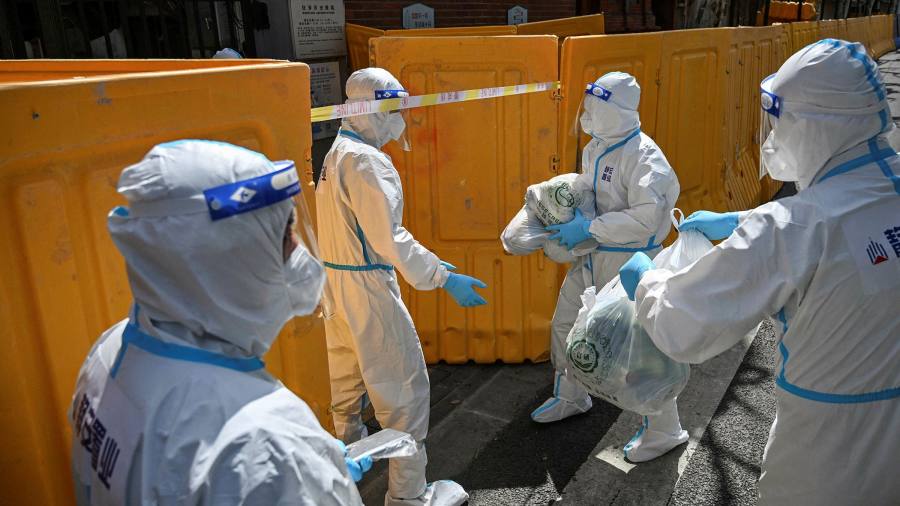




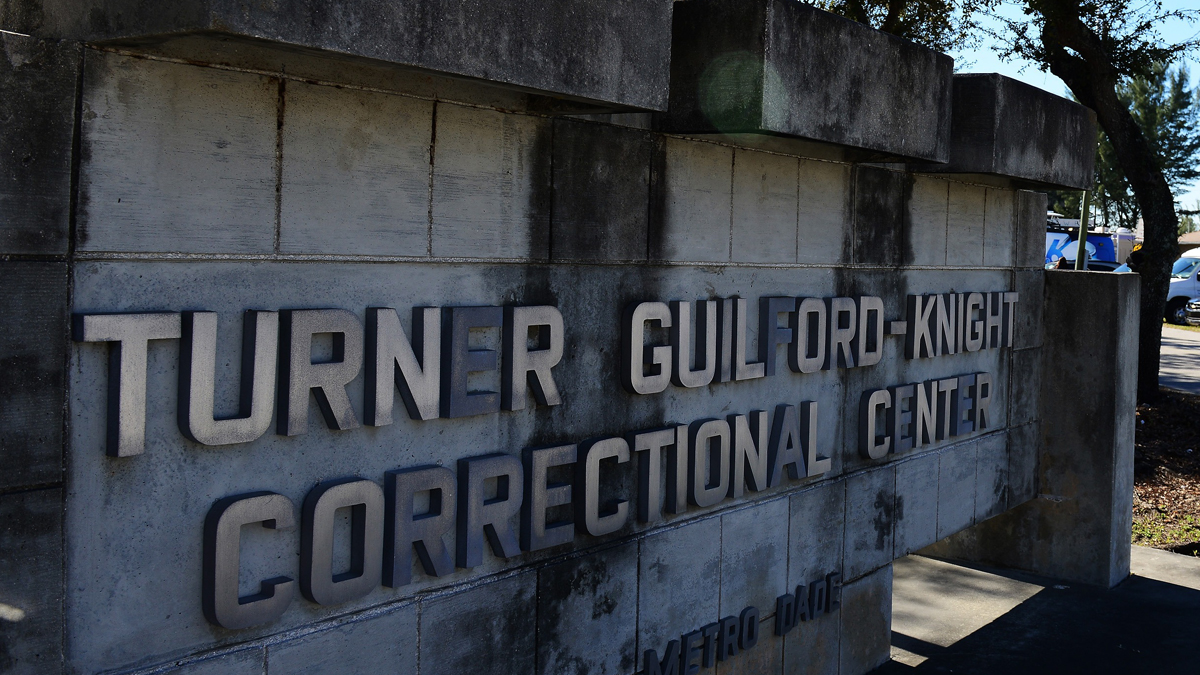









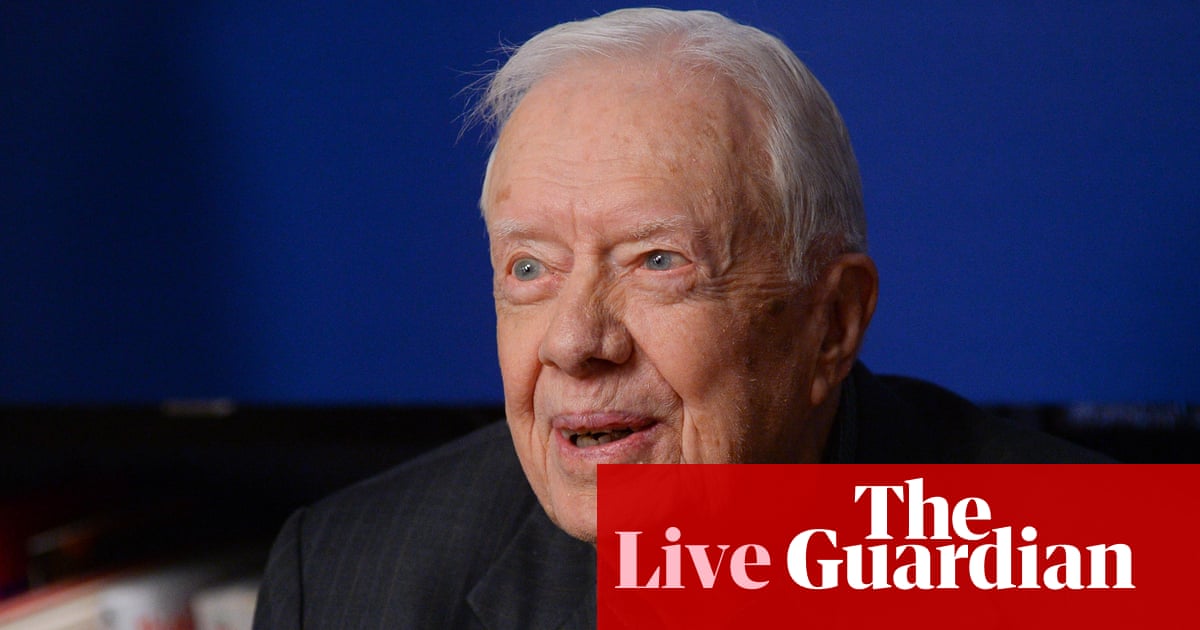





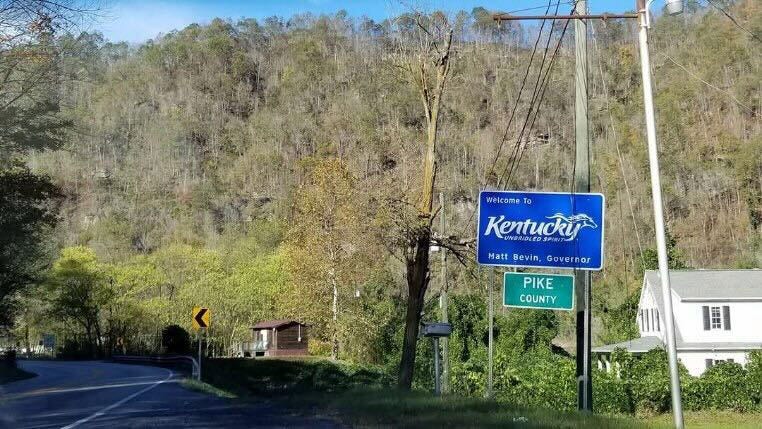

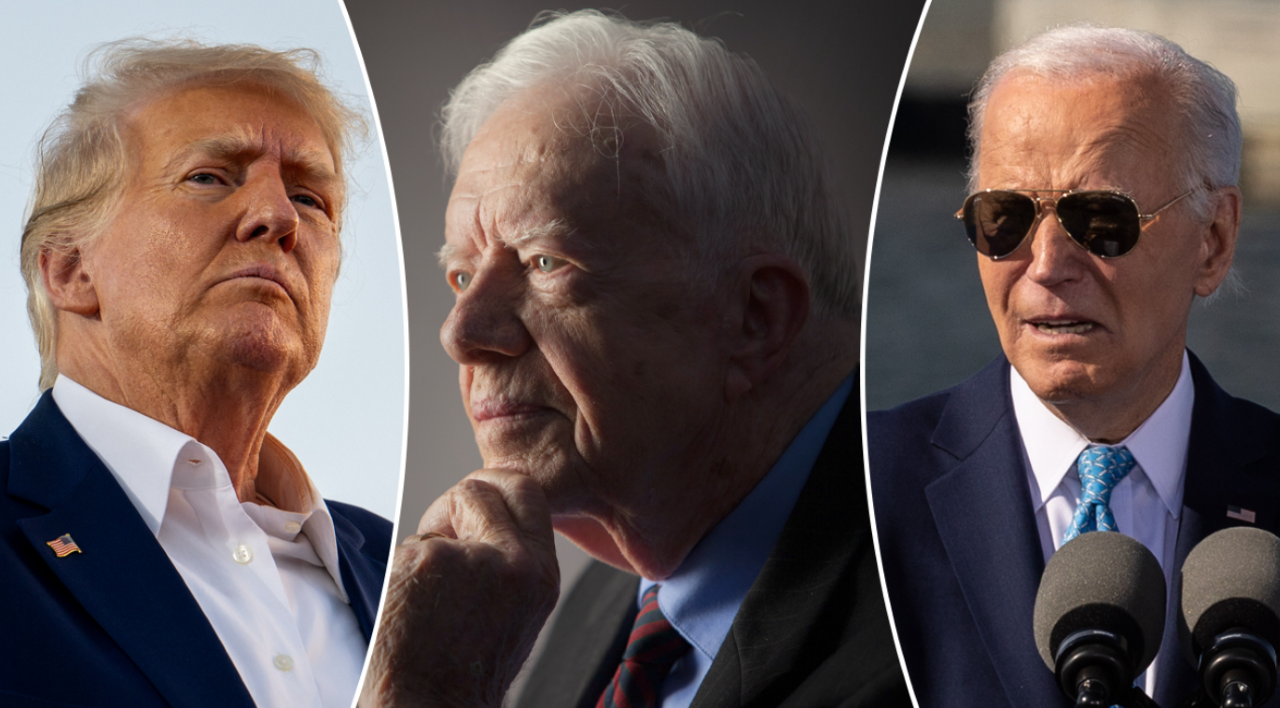
/cdn.vox-cdn.com/uploads/chorus_asset/file/24924653/236780_Google_AntiTrust_Trial_Custom_Art_CVirginia__0003_1.png)
/cdn.vox-cdn.com/uploads/chorus_asset/file/25672934/Metaphor_Key_Art_Horizontal.png)



/cdn.vox-cdn.com/uploads/chorus_asset/file/24982514/Quest_3_dock.jpg)

